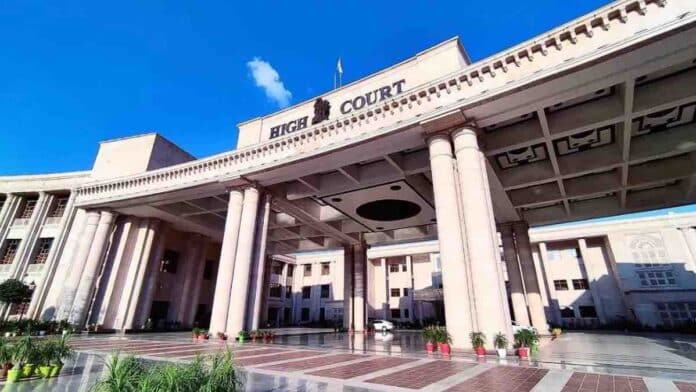In a strongly worded judgment, the Allahabad High Court has quashed the dismissal of Gani Mohammad Khan, a mathematics lecturer at Integral University, terming the disciplinary proceedings against him as “perverse” and in blatant violation of principles of natural justice. The Division Bench comprising Justice Attau Rahman Masoodi and Justice Subhash Vidyarthi delivered the judgment




